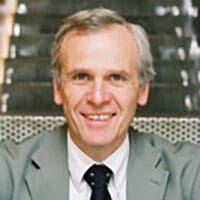Overview
Thupten Jinpa began the afternoon with a presentation establishing conceptual links between the two investigative traditions of Buddhist thought and contemporary science, drawing especially on key aspects of classical Buddhist epistemology. Questions in the philosophy of science, such as the relationship between scientific claims and truth, scientific method and its legitimate scope, and the central role of observation, hypothesis and experiment verification in science will be addressed and contrasted with relevant notions in classical Buddhist philosophical inquiry. Arthur Zajonc, Wendy Hasenkamp and John Durant followed up the questions and insights offered by Thupten Jinpa, by providing an orientation to the specific areas of science that will be the focus of the dialogues for the week: physics, neuroscience, and consciousness studies. While each of these fields of science shares methods and epistemological assumptions with the others, each also has its own story, its own preferred methods, and its own animating questions. Together, Zajonc, Hasenkamp and Durant aimed to tell these background stories. How does physics think about and investigate the nature of material reality? How do neuroscientists study the brain, and why do they think it is the organ of mind? Where does consciousness fit into the world picture of Western science?
- Dialogue 2627 sessions
- January 17, 2013Drepung Monastery, Mundgod, India


